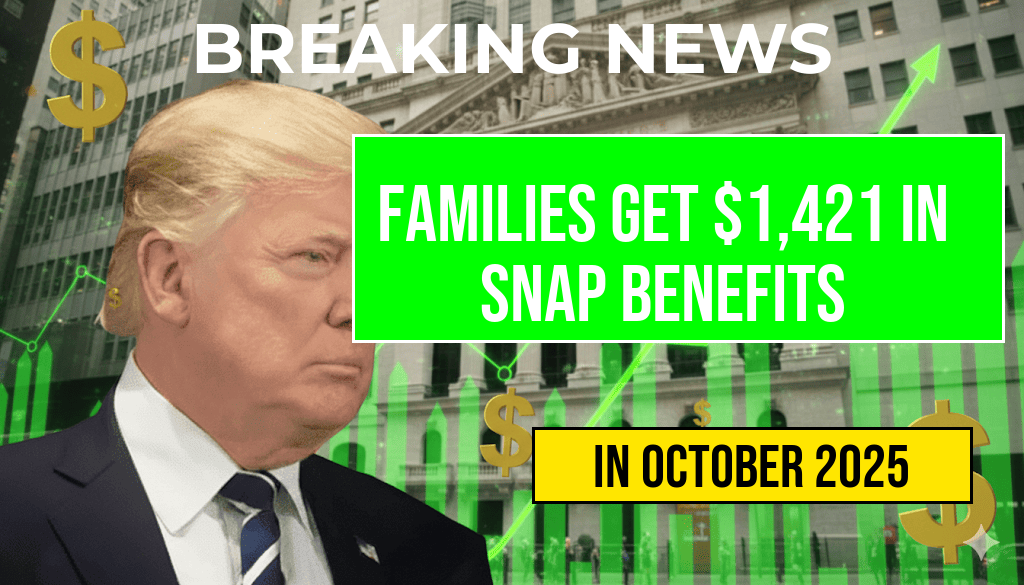The U.S. Department of Agriculture (USDA) has announced a temporary pause in the Women, Infants, and Children (WIC) program’s supplemental food assistance, prompting concerns among breastfeeding parents and community food providers. This suspension, which affects benefits estimated at approximately $52 per month for each eligible family, is expected to last several weeks while federal officials implement new eligibility and operational protocols amid ongoing funding negotiations. The decision has ignited debates over the potential impact on vulnerable populations, especially as many families rely heavily on WIC benefits to support healthy infant nutrition. Food banks and community health organizations are bracing for increased demand, anticipating that some families may turn to local resources for assistance during this period of disruption.
WIC Program Suspension and Its Scope
The WIC program, administered by the USDA, provides nutritional support to low-income pregnant women, new mothers, infants, and young children. Its benefits include vouchers for healthy foods such as fruits, vegetables, dairy, and grains, alongside nutrition education and breastfeeding support. The recent pause was announced after technical updates and policy revisions to streamline services, but it has left many participants uncertain about their upcoming support. According to USDA officials, the suspension is temporary, expected to last approximately four to six weeks, during which new enrollments and recertifications are on hold.
Impacts on Breastfeeding Parents
Breastfeeding parents enrolled in WIC often rely on the program’s supplemental food benefits to maintain a nutritious diet for themselves and their infants. The estimated $52 monthly reduction in benefits may seem modest, but for families living paycheck to paycheck, this decrease can have tangible consequences. Nutritionists warn that such reductions could lead to decreased access to essential foods, potentially impacting breastfeeding success and infant health outcomes.
Community Response and Support Strategies
Food banks across the country are preparing for increased demand as families seek alternative resources. Many are increasing inventory and outreach efforts, emphasizing coordination with local health agencies. Some organizations are offering emergency supplies, including infant formula and baby foods, to bridge the gap during the WIC pause.
| Participant Type | Average Monthly Benefit | Reduction During Pause |
|---|---|---|
| Pregnant women | $80 | $52 |
| Infants (0-12 months) | $70 | $52 |
| Young children (1-5 years) | $90 | $52 |
Policy Context and Future Outlook
The temporary suspension is rooted in federal budget negotiations and efforts to update the WIC program’s technology systems. Officials from the USDA have emphasized that the pause is a procedural measure intended to enhance program efficiency and security. However, advocacy groups argue that delays in processing and benefits disbursement could have long-term effects on infant health, particularly in communities already facing barriers to nutrition access.
Expert Opinions and Public Health Implications
Public health experts stress that consistent access to nutritious foods is critical during early childhood development. Dr. Laura Simmons, a pediatric nutrition specialist, noted, “Disruptions in nutritional support can have lasting impacts on cognitive development and immune health. Even short-term reductions in benefits could lead to increased healthcare costs and developmental delays.”
Resources for Affected Families
- Local WIC clinics: Families are encouraged to contact their local offices for updates and assistance.
- Food banks: Many are offering special infant and child nutrition programs to mitigate shortages.
- Community health organizations: Some provide temporary grants, counseling, and resource referrals during the suspension period.
Broader Impacts on Food Security and Infant Well-being
The WIC program’s pause underscores ongoing challenges faced by low-income families in maintaining food security. According to data from the U.S. Department of Agriculture’s Economic Research Service, approximately 10 million women and children depend on WIC benefits annually. The disruption comes at a time when inflation has increased the cost of infant foods and essentials, compounding the financial strain on vulnerable households.
Community leaders emphasize that collaboration between federal agencies, local organizations, and healthcare providers is vital to minimizing adverse outcomes. They advocate for transparent communication with program participants and swift action to resume full benefits once the system updates are complete.
As discussions continue in Congress over funding and policy adjustments, families and organizations await a resolution that ensures uninterrupted nutritional support for the nation’s youngest and most vulnerable citizens. Resources such as the [USDA WIC page](https://www.fns.usda.gov/wic) and [Feeding America](https://www.feedingamerica.org/) remain key sources for updated information and assistance programs.
Frequently Asked Questions
What is the reason for the WIC Program pause mentioned in the article?
The WIC Program is experiencing a pause that could temporarily reduce support for breastfeeding parents and eligible families, impacting their access to essential nutrition assistance.
How much could the support reduction be for breastfeeding parents due to the WIC pause?
The article indicates that the support could decrease by $52 monthly for breastfeeding parents, potentially affecting their ability to afford nutritious food for their children.
What preparations are food banks making in response to the WIC program pause?
Food banks are preparing for the impact by increasing their supplies and outreach efforts to assist families who may experience a decline in WIC benefits.
How might the WIC program pause affect families relying on WIC benefits?
The pause could reduce the availability of nutrition assistance for families, making it more challenging for them to access healthy foods and support during this period.
Is there any information on how long the WIC program might remain paused?
The article does not specify the duration of the pause, but it highlights the potential short-term impact on support and the importance of community preparedness.






